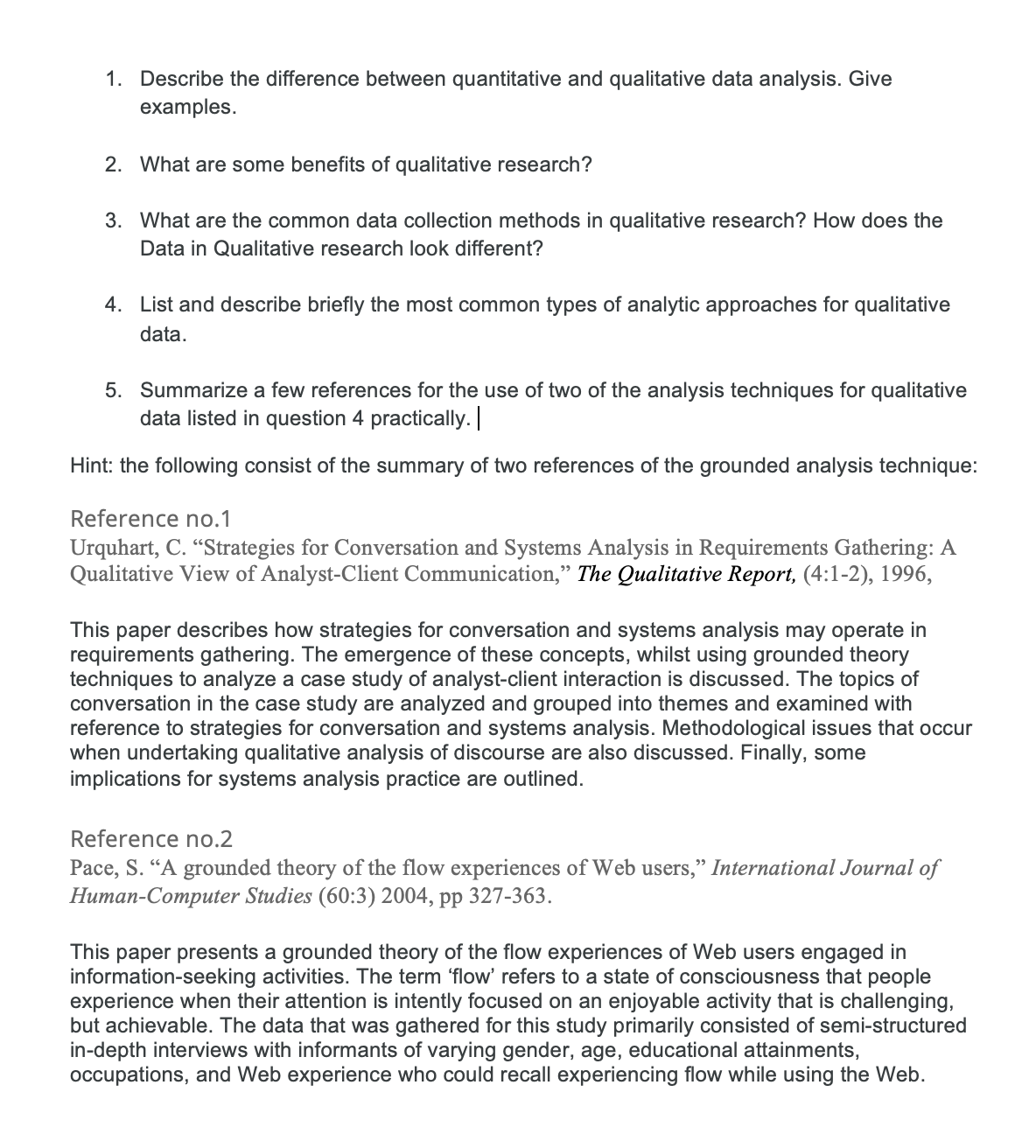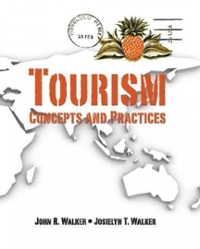Answered step by step
Verified Expert Solution
Question
1 Approved Answer
Based on the attached file, answer Q 1,2,3,4,5 Please find the attached file with the questions that need to be answered related to these articles.
Based on the attached file, answer Q 1,2,3,4,5
Please find the attached file with the questions that need to be answered related to these articles.

Step by Step Solution
There are 3 Steps involved in it
Step: 1

Get Instant Access to Expert-Tailored Solutions
See step-by-step solutions with expert insights and AI powered tools for academic success
Step: 2

Step: 3

Ace Your Homework with AI
Get the answers you need in no time with our AI-driven, step-by-step assistance
Get Started


